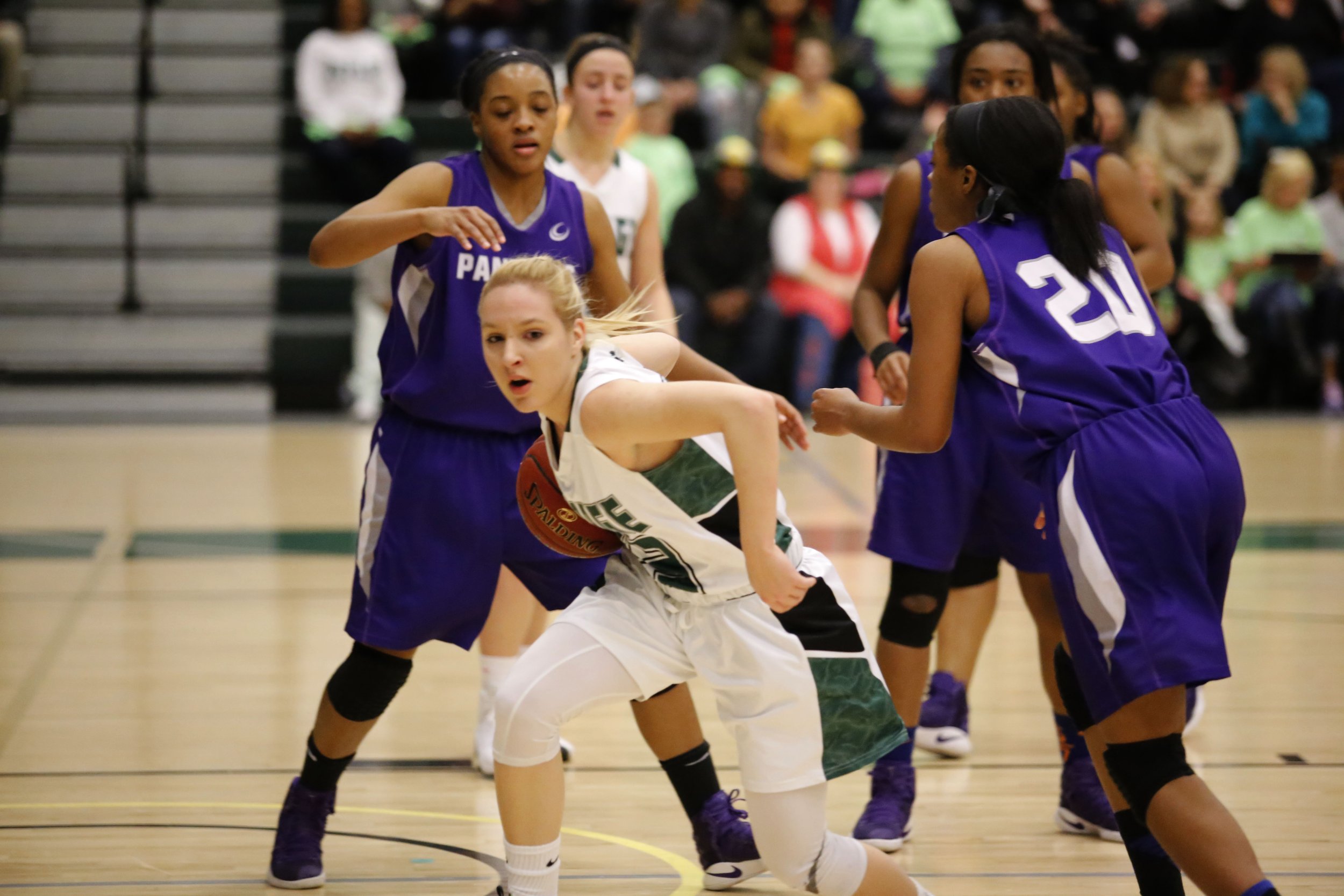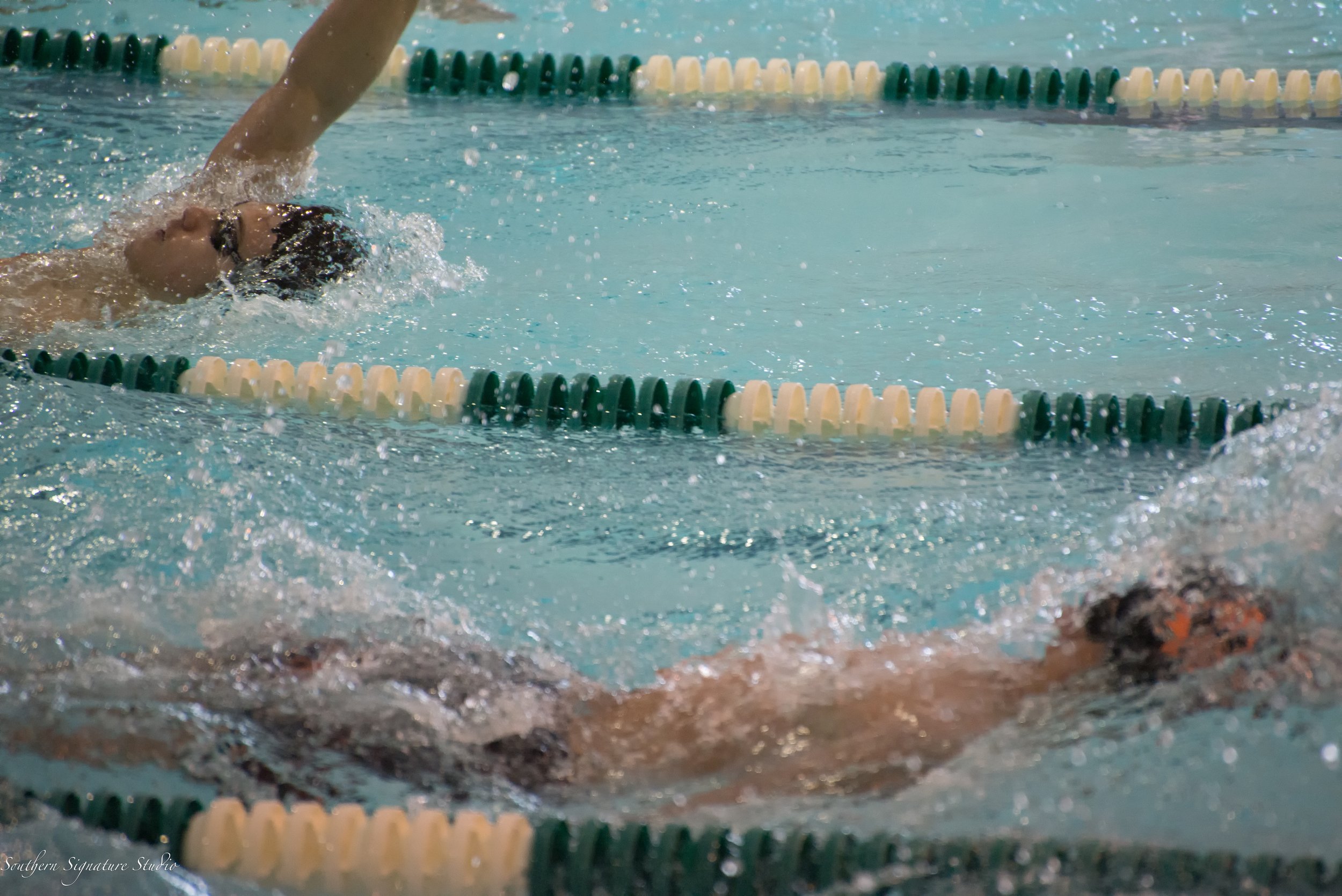What it takes to be Academically Eligible for the NCAA
Eligibility for the NCAA is always based off of a recruits academics. Regardless of how talented you are, it will be your academic performance that gets you approved to represent any college. Your eligibility is calculated using your high school transcript, and your standardized tests scores but there are a few particulars you should know in order to make sure you are on track to the next level.
What are the academic standards?
The academic requirements for the NCAA are not intended to be challenging. However, they are comprised of three major variables.
Your core courses. There are 16 “core courses” that you have to complete as a high school student in a timely manner.
Your GPA for those 16 core courses. This means that other courses you take like electives will not be considered towards your “eligibility”. The higher your GPA, the easier it will be for you to be eligible.
Your standardized test scores are used for college acceptance by schools that require it. Whether it is the ACT or SAT your test scores should match the normal range for the school you are applying to. Otherwise your NCAA eligibility will likely not make a difference if you are denied acceptance to the college.
What is the amateurism standard?
This requirement has been a bit confusing for some recruits, but in general the NCAA does not allow student-athletes to be paid for their sports competition prior to college. You will fill out a questionnaire to verify this. It is rare for the NCAA to investigate a recruit for this unless your answers get you flagged, or something egregious is reported to them, normally by a third party.
Division 1 standards for eligibility
Proof of High School Graduation
Passed the 16 core course requirement with a 2.3 GPA
4 years of English
3-4 years of math at the Algebra 1 level and above
2-3 years of physical/natural science with 1 year of lab
2-3 years of a social science
Remaining credits must be satisfied in either English, Math, Physical/Natural Science, Social Science, Foreign Language, Philosophy, or Religion
Coach Rob’s Note: 1 of the 3 courses in bold must be completed at the higher number
Granted final amateurism
ACT/SAT requirements are no longer “required”.
10 of the required courses must be completed through your junior year.
Coach Rob’s Note: Don’t go under-recruited! I put in the hard work for you to know exactly which colleges already want to recruit you, which ones will view you as a top recruit, and how to get their attention. Book a meeting with me, Coach Rob, and see how easy it can be to get the offers you deserve!
Division 2 standards for eligibility
Same as Division 1 except, you must pass the 16 core course requirement with a 2.2 GPA or higher.
Division 3 standards for eligibility
NCAA D3 schools admit students without athletic aid and use the college’s admissions standards alone to verify eligibility.
Your academic status
When you have completed all the steps to certification, the college you will compete for will request that your academic status be reviewed. You will receive a final ruling on whether you are fully eligible to compete in the upcoming year.
You want to be either a final qualifier, or an early academic qualifier. They both mean that you are fully certified to compete. However, you can also become a non-qualifier where you are deemed ineligible to join the team at all, an academic redshirt where you can join but not compete for a year, or a D2 partial qualifier with restrictions on your team participation. Sometimes the NCAA will need more time to review your status and signify that in their review with a few different responses, but ultimately they will determine if you are a full qualifier, partial qualifier, or not a qualifier at all.
Coach Rob is a recruiting expert and the Founder of SCA Recruiting. He is also the author of the book Winning the Ship: How to Win the College Athlete Recruitment Game. Available now on Amazon.

“93% OF HS ATHLETES DON’T PLAY IN COLLEGE… BUT I WILL HELP YOU BEAT THOSE ODDS. I GUARANTEE IT.”


